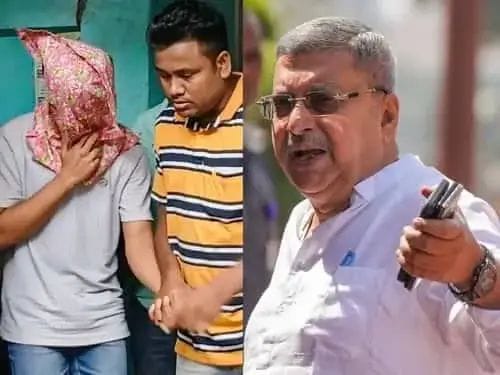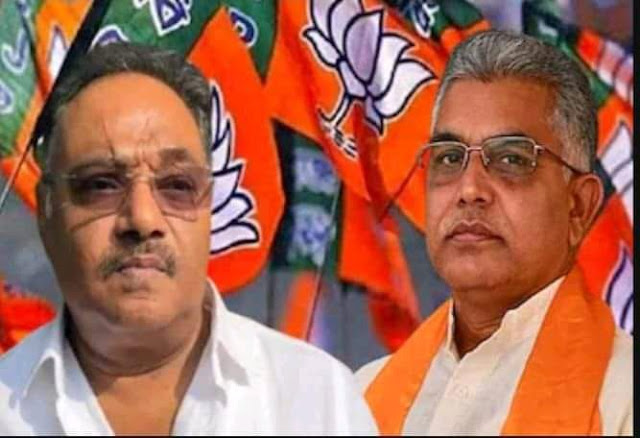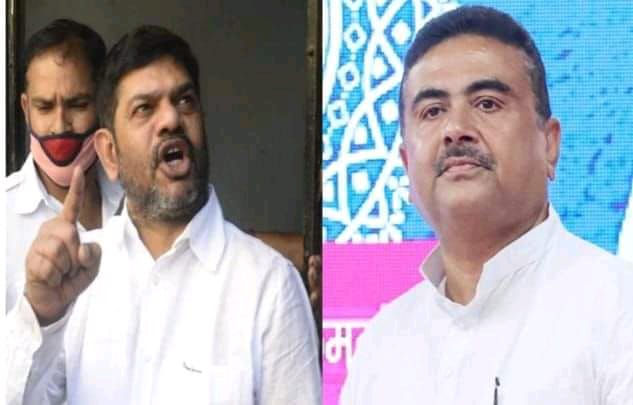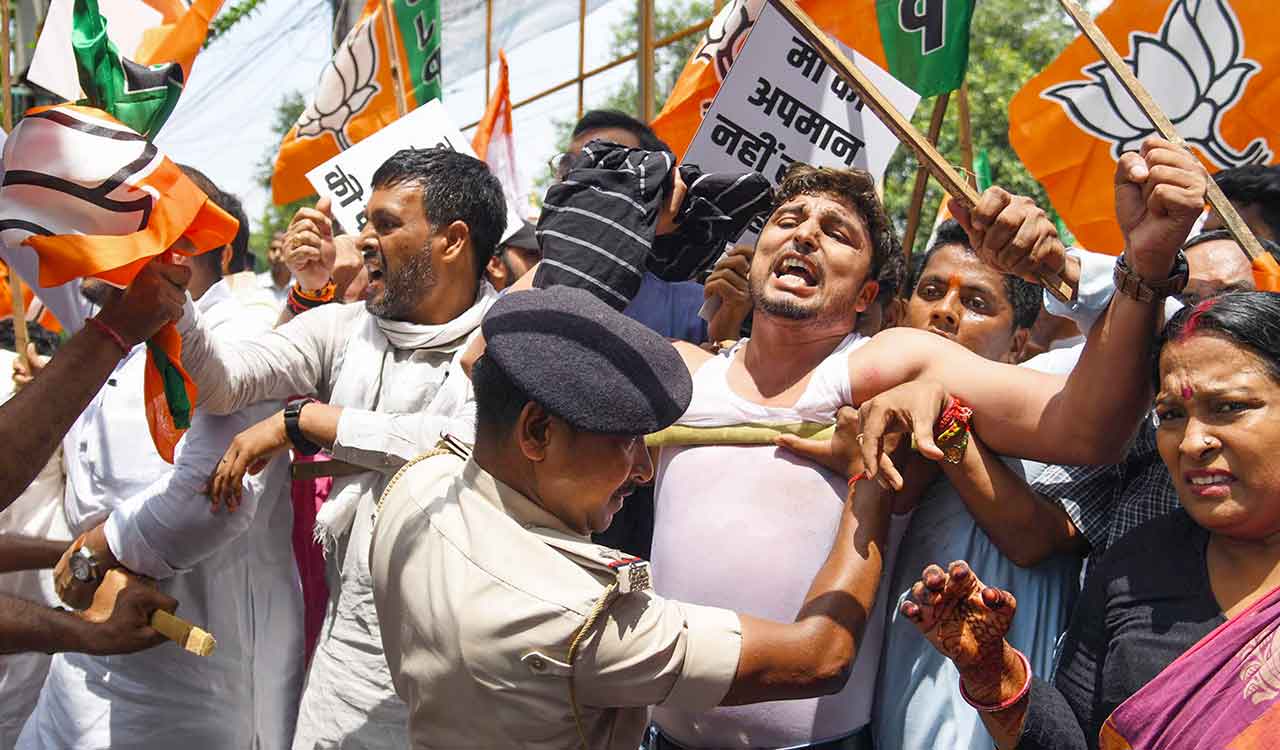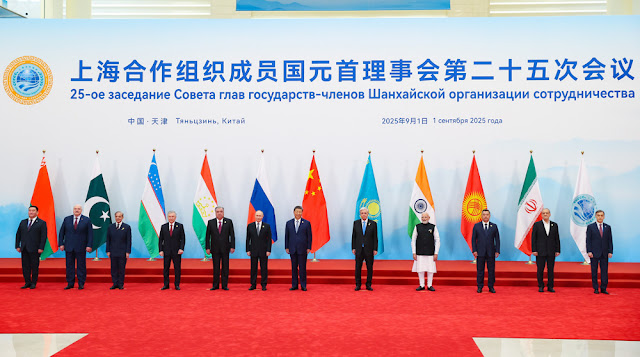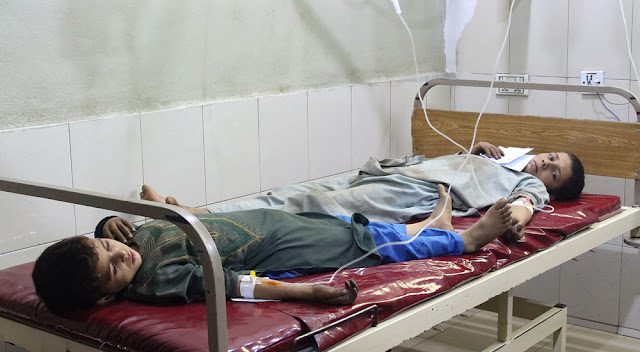Baby Chakraborty, KalimNews, June 28, 2025, Kolkata : A disturbing case of alleged gang rape of a 24-year-old female law student at South Calcutta Law College on June 25, 2025, has not only sparked public outrage but also ignited a political storm in West Bengal. The incident, which occurred within the premises of the college located in the Kasba area of Kolkata, led to the arrest of three individuals, including Manojit Mishra, a former leader of the Trinamool Congress Chhatra Parishad (TMCP), the student wing of the ruling Trinamool Congress (TMC). The arrests were followed by a four-day police remand, with investigators seizing the accused’s mobile phones to verify the victim’s allegation that the incident may have been recorded.
The incident has drawn widespread condemnation and reignited debates over women’s safety in educational institutions, especially in light of a similar controversy earlier this year at RG Kar Medical College. However, the political fallout intensified after controversial comments were made by two senior TMC leaders—Member of Parliament Kalyan Banerjee and Member of Legislative Assembly Madan Mitra—who made statements that many have found deeply insensitive and inappropriate in the context of such a grave crime.
Sreerampur MP Kalyan Banerjee, reacting to the incident, made remarks that were widely perceived as trivializing the trauma of the survivor. He stated, “If a friend rapes a friend, what can be done? Will police be deployed in schools?” Further elaborating, he added, “This was done by students to another student. Who will protect her? Who does all this criminality and molestation? Some men do it. So, who should women fight against? Women should fight against these perverted men.” While Banerjee did emphasize that the perpetrator should be arrested and the crime should be dealt with legally, he questioned the classification of the act as political or institutional, remarking, “This crime is not linked to any party or organisation.” He also appeared to downplay the systemic nature of the issue by suggesting that criminal acts among acquaintances fall outside the purview of political accountability.
MLA Madan Mitra’s remarks were even more contentious, drawing sharp criticism from civil society and political opponents alike. In his comments, Mitra appeared to shift the burden of responsibility onto the victim, stating, “If that girl had not gone there, this wouldn’t have happened. If she had informed someone before going or had taken a couple of friends with her, then this wouldn’t have happened.” He further added, “The one who committed this dirty deed took advantage of the situation.” These comments have been interpreted as victim-blaming and were widely condemned across social media platforms and in political discourse.
Faced with growing public anger and strong objections from opposition parties, particularly the Bharatiya Janata Party (BJP), which labeled the remarks “shameful,” the Trinamool Congress was compelled to issue an official clarification. On the evening of June 27, 2025, TMC released a statement via its verified account on the platform X, formerly known as Twitter. The statement read, “The remarks made by MP Kalyan Banerjee and MLA Madan Mitra concerning the heinous crime at South Calcutta Law College were made in their personal capacities. The party unequivocally disassociates itself from their statements and strongly condemns the same. These views do not reflect the position of the party in any manner whatsoever.”
Meanwhile, Trinankur Bhattacharya, state president of the TMCP, attempted to further distance the organization from the accused, stating that the TMCP unit at South Calcutta Law College has been inactive since 2019. He said, “He (Mishra) was in office in 2019. How do we know that he will do this in 2025?”
The situation remains tense as public demands grow for both accountability and reforms in campus safety protocols. The political ramifications of this case continue to evolve, with the spotlight now firmly on the actions and statements of elected representatives, and the broader responsibility of political parties in shaping public discourse on gender-based violence.


